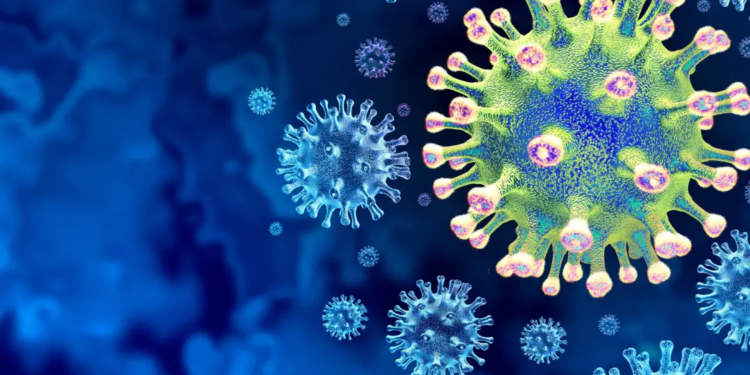A recent study published in PLOS One has found a potential connection between receiving two doses of a COVID-19 vaccine and the development of long COVID. The study examined data from individuals at four weeks and six months post-SARS-CoV-2 infection to estimate the incidence, characteristics, and predictors of long COVID among patients.
The findings revealed that 29.2 percent of participants reported long COVID symptoms four weeks following infection, which decreased to 9.4 percent at six months. This suggests that symptoms may diminish over time. Moreover, the severity of the initial infection appeared to play a role in the likelihood of experiencing long COVID. Those with mild/moderate disease had a 23.4 percent incidence of long COVID at four weeks, compared to 62.5 percent in those with severe cases. At six months, the incidence dropped to 7.2 percent for mild/moderate infection and 23.1 percent for severe/critical cases.
The most commonly reported symptom of long COVID was fatigue, followed by cough, cognitive dysfunction or brain fog, and loss of taste and smell. The study also found that patients were more likely to develop long COVID if they had preexisting medical conditions, experienced a higher number of symptoms during the acute phase of COVID-19 illness, had a more severe infection resulting in hospitalization, or received two COVID-19 vaccine doses.
Although the study identified an association between prior vaccination and long COVID, it did not find an interaction effect between COVID-19 vaccination and acute COVID-19 severity on causing long COVID. Cardiologist Dr. Peter McCullough believes that long COVID symptoms are due to the retention of SARS-CoV-2 spike protein in cells and tissues after infection. This theory aligns with the observation that mRNA COVID-19 vaccines produce a “massive additional load of full-length Spike protein” that can circulate in the blood for six months or longer.
Other studies have also explored the presence of spike protein in individuals with long COVID. An observational study by scientists from the National Institutes of Health found that neuropathic symptoms may manifest after SARS-CoV-2 vaccinations and could be an immune-mediated process.
Another study published in the Journal of Medical Virology discovered that spike protein and viral RNA were more likely to be present in patients with long COVID compared to those without the condition. Similarly, a study in the European Review for Medical and Pharmacological Sciences detected viral spike protein in one patient and vaccine spike protein in two patients with long COVID.
The link between COVID-19 vaccination and long COVID is a complex matter that requires further investigation. While vaccines are meant to reduce the risk of severe disease, it is essential to consider potential immune reactions to spike protein as a contributing factor to long COVID. Research into this phenomenon can help identify preventive measures or treatments for individuals who experience prolonged symptoms after COVID-19 infection or vaccination.
In conclusion, the association between receiving two doses of a COVID-19 vaccine and the development of long COVID has been observed in recent studies. Although the severity of the initial infection remains a significant predictor of long COVID, vaccination appears to play a role in the occurrence of prolonged symptoms.







